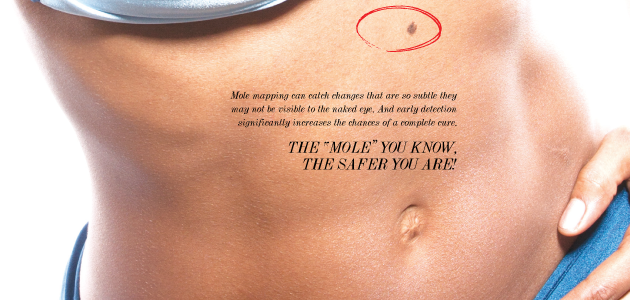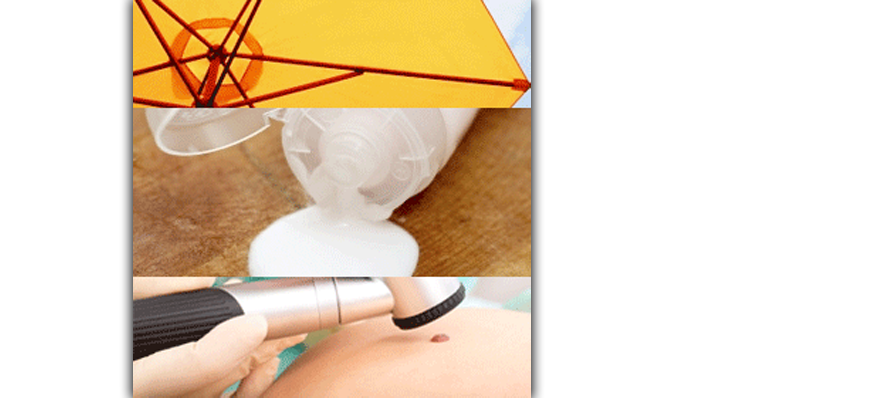rust The Specialist:
Most physicians will refer you to a specialist if they feel that a lesion, hyperpigmentation or mole requires further inspection, removal, specific treatment or even just another opinion. If you are referred to a specialist, do not wait. Time is a powerful ally in the treatment of skin cancers. For removal and other treatments of identified or suspected skin cancers, trust a specialist. While relatively rare, there have been instances of moles, dark spots and other lesions being mistakenly dismissed as unsuspicious that have later developed into cancer, and unfortunately at a too-late date to effectively treat.There have also been cases of moles or cancers improperly or incompletely removed, sometimes with dire consequences.If you have any of the risk factors shown below, see a dermatologist or dermatopathologist that specializes in skin cancers and ideally, someone who does Mohs surgery or works closely with a Mohs surgeon. Skin cancer can be difficult enough to spot and treat for specialists — do not take your chances.
Risk Factors:
Even if you are religious about avoiding the sun, using sun protection and observing your moles and pigmentations, you should get an annual skin cancer screening and ask your doctor about mole mapping if you:
- Have a mole that has been changing in size, shape, or color, or one that is itchy or bleeding
- Have many moles
- Have moles on the back, which may be difficult to keep an eye on
- Your moles tend to be of different or unusual sizes, shapes, and/or colors
- You notice a new skin growth, spot or lesion, particularly if it does not disappear and/or seems to be growing or changing
- Were exposed to a lot of unprotected sun and/or got sunburns in your childhood or adolescence (or now!)
- Spend a lot of time outdoors, particularly if you are not consistently excellent about adequate and regular sunscreen use
- Have facial photodamage such as lines, wrinkles, large pores, irregular pigmentations
- Have signs of photodamage — such as dark spots or blotches or other irregular pigmentations, dilated capillaries, sun freckles and warts — on exposed areas of the neck, chest and arms
- Have used a sun bed, solarium or tanning booth
- Have a personal or family history of melanoma or any other type of skin cancer
- Have fair skin and/or light eyes (even if you do not, if anything else on this list applies to you, consider yourself a candidate)
DISCLAIMERThis VMV HYPOALLERGENICS® skintelligence article was not written by a dermatologist or licensed medical or health professional, and makes no claims to that effect, unless otherwise clearly specified elsewhere in this article. All content on this Web site, including medical opinion and any other health-related information, is for informational purposes only and should not be considered to be a specific diagnosis or treatment plan for any individual situation.For more on sun safety, see (articles related to sun care, sun skintelligence, etc.





